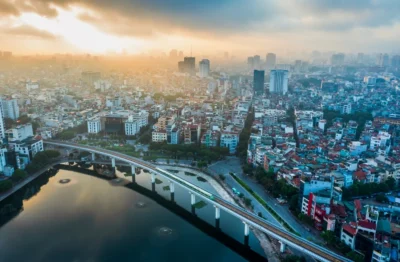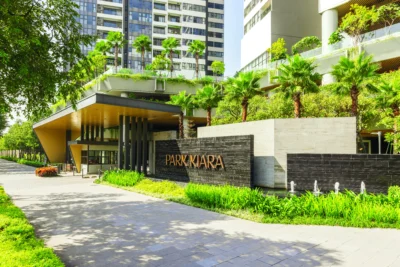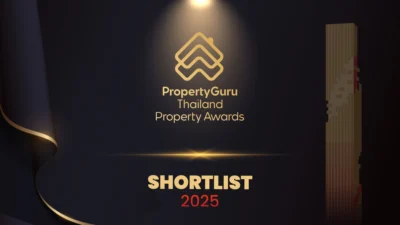The impact of COVID-19 on Myanmar’s real estate market

Since the first cases of COVID-19 was announced on 23rd March, the local economy, including the real estate industry, went into a rapid downward trend, especially due to the closure of borders, airports, public transport and blocked imports of building materials necessary for developer’s construction sites.
By April, all major cities including Yangon (the largest city) were completely locked own, which forced almost every business to transition to work from home, and the majority of SMEs, (especially real estate agents) either closed shop, downsized their headcount and stopped all subscription payments in readiness for a severe drop in revenue to their businesses.
In Q2 (April – June), the entire real estate market crashed. Small real estate agencies with little or no revenue, bunkered down for a forced recession. Myanmar has thousands of individual brokers (non-paying advertisers) and only 25 small real estate agencies that advertise around 50% of the properties on real estate websites. Ad revenues from this sector was already limited; with COVID – it dropped to near zero.
Although it looks like the Myanmar Real Estate market will remain stagnant until the end of 2020, ShweProperty’s experienced management team remains very confident and positive about the future.
ShweProperty also believes in strong partnerships. This year, the business forged an exclusive partnership with PropertyGuru for Myanmar Property Awards.
Continue reading at mmtimes.com/news/impact-covid-19-myanmars-real-estate-market.html
Recommended
Asian infrastructure investments boost real estate and economic growth
Governments around Asia are spending billions to fuel infrastructure development to boost real estate and economic growth
Arquitectonica’s global impact reshapes skylines from Miami to Asia
Bernardo Fort-Brescia and his design practice Arquitectonica are making a seismic impact in Asia from an HQ in Florida
Park Kiara in Hanoi raises the bar for sustainable urban living
Park Kiara in Hanoi is a repudiation of low-density, car-dependent suburban sprawl
6 reasons Bekasi is rising as Greater Jakarta’s next hotspot
One of Greater Jakarta’s rising stars is prospering, thanks to ample recreation and a contingent of desirable housing projects








